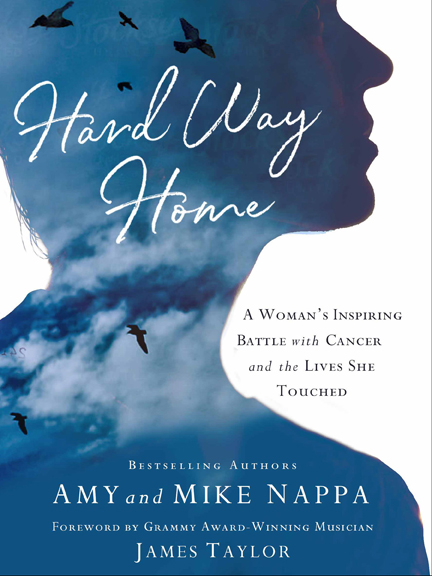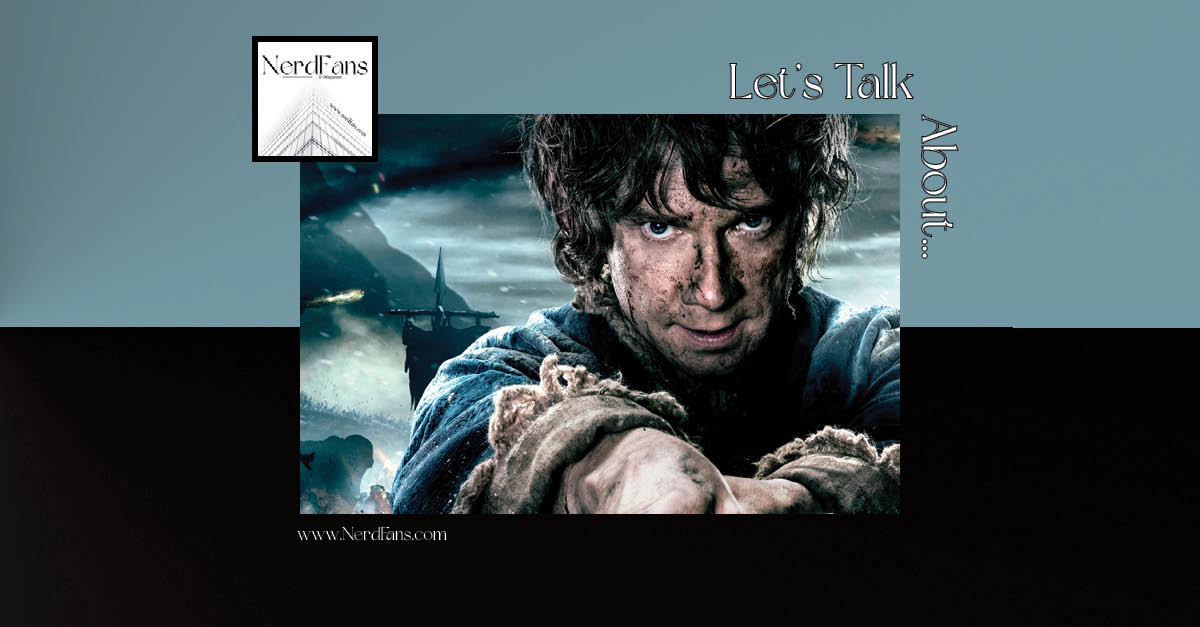An Editorial Team reason for rejection
I know. This seems irrelevant at best, and unwarranted at worst. But it still happens, so you’d better get used to it.
This reason for rejection actually covers all the emotional and physical stresses associated with being human, and in those situations timing is everything. My reaction to your proposal is influenced if I’ve read it after I’ve just had a fight with my wife, or after I’ve just had to ground my son for missing his curfew, or while I’m in the middle of a long argument with my next door neighbor, of when I’m suffering from the effects of allergy season, or in the morning after a night of insomnia or…well, you get the idea.
I remember one time I was compiling a book of short plays for teenagers. I’d put together several different authors, and had cherry-picked one writer in particular—let’s call her Cocoa— because I knew she was one of the most creative, articulate writers I knew. Then, as I edited, I began passing them one-by-one to our Chief Creative Officer for her approval.
Imagine my surprise when Cocoa’s excellent manuscript was sent back to me with the note, “I didn’t really enjoy this one. Let’s cut it and find another.”
I re-read Cocoa’s script, laughed in all the right places, and for the life of me couldn’t see why it hadn’t sailed through to publication. So I took a risk and went back to my CCO to ask about it.
“Oh, you know,” she said sheepishly, “we were watching our friend’s pet bird while they were on vacation—and the bird died! I read this play right during the stress of trying to figure out how to tell our friends that heartbreaking news.” Then she generously said, “Let me read it again this weekend, and I’ll let you know what I think.”
Next time I saw the play, it had a bright smiley face on it. “Love it!” my CCO said. And that was that.
Still, the fact is, Cocoa’s script almost didn’t see the light of day because my CCO read it during a time of great stress. And that’s what might happen to you if an editor reads your proposal after just having a fight with her husband, or just hearing his daughter has wrecked the car, or whatever. Consider yourself warned.
What You Can Do About It
1. If you’re religious, go ahead and pray. (If not, skip to #2 below.)
I’m not one who’s opposed to the idea of God being involved in a publishing career, but if you are then feel free to ignore this suggestion.
If you’re like me, however, then I’d suggest that you go ahead and pray before you send out any query letter or proposal. Ask God to direct the path your proposal takes at a publishing house, and to bring it to the attention of people who might feel favorably toward it. Hey, what can you lose?
2. Pay attention to Facebook and Twitter.
Most editors are vain creatures, and it’s likely they weren’t among the “popular kids” back in their high school days. More likely, they were the mousy loners who wrote stories during study hour and hung out in some nerd’s basement playing Dungeons and Dragons or watching classic movies at night. They probably weren’t total outcasts, but they definitely weren’t invited to all the cool parties either.
Fast-forward to today and these former societal outcasts have achieved a place of minor importance in the real world. And believe it or not, they often like the fictional popularity that comes with having a number of “Friends” or “Followers” on Facebook and Twitter. As a result, they’ll probably accept your Friend Request on Facebook, even though they don’t have a clue who you are. Same goes for Twitter followers.
What does that mean for you? Well, if you’re smart, you’ll pay attention when those editor types update their status on Twitter and Facebook. When they’re updating about some personal success (“We finally finished the bathroom remodel – it looks great!”), you’ll try to tag along with that good feeling by submitting a proposal via email. If the editor’s personal status updates are all about how the pipes burst in her home or how his whole family is worn out from cold and flu season … well, common sense would dictate that’s probably not the best time to submit a book idea. After all, timing really can be everything.
3. Move on.
Hey, sometimes unfair things happen in life. You can’t control the emotional state of the editor or agent who reads your work, or even when that person reads it. So if an editor rejects your outstanding book because he or she is feeling grumpy and stressed, don’t waste time aggravating the situation. Move on to greener pastures—and make that editor feel even worse when you hit the bestseller list with another publisher.
Looking for more? Check out these links:







